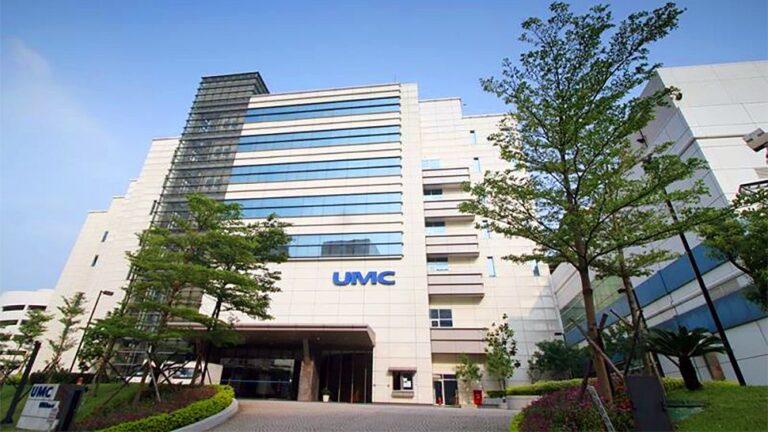Taiwanese chipmaker UMC signed a major new partnership this week, signaling a shift in global supply chains after the Biden administration increased tariffs by 100% on Chinese-made semiconductors. But China remains unaffected and increasingly isolated as overseas demand turns to Taiwan.
According to Taiwan’s Economic Daily, UMC this week launched new long-term relationships with Texas Instruments and Infineon. UMC is the world’s third-largest pure-play semiconductor foundry, just behind China’s SMIC and well behind the overwhelmingly leading TSMC. UMC also received large repeat orders from existing UMC customers MediaTek and Realtek, who source their WiFi 6/6E chips from the factory. Both the Economic Daily and TrendForce believe these new deals are a sign of a global trend where international business is increasingly turning to Taiwan instead of China for chip manufacturing.
News of UMC’s newfound success comes as a major boon for the factory, after SMIC recently announced that its first-quarter 2024 revenue hit $1.75 billion, outperforming UMC despite tough U.S. sanctions. China’s factories grew 19.7% year-over-year as U.S. sanctions had a dual impact: China’s growing industries are increasingly isolated while foreign partners pull out of Chinese factories. As China’s semiconductor and EV manufacturing industries grow, U.S. trade war moves are forcing China to bolster its domestic production.
The U.S.-China trade war, colloquially known as the “semiconductor war,” has become a predictable cycle in recent months, with the U.S. often imposing restrictions citing military concerns that inadvertently help China expand domestic production, to the detriment of U.S. interests and companies like Nvidia. China has typically been the only voice of opposition, but in recent days U.S. trade leaders have begun to criticize the Biden administration’s aggressive sanctions.
When the new semiconductor tariffs and possible Chinese GPU/motherboard tariffs were announced, David French, vice president of the National Retail Federation, said, “As consumers continue to battle inflation, the last thing the government should do is impose additional taxes on imported goods that will be paid for by U.S. importers and ultimately by U.S. consumers.” Since it’s highly unlikely that the U.S. government will heed these calls for a trade war ceasefire, we can expect to see continued coverage of the chip wars for the foreseeable future.

